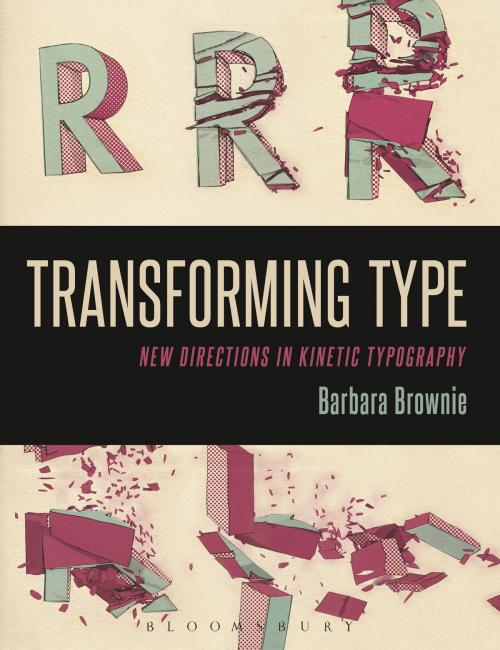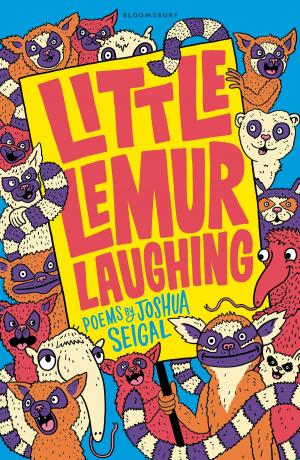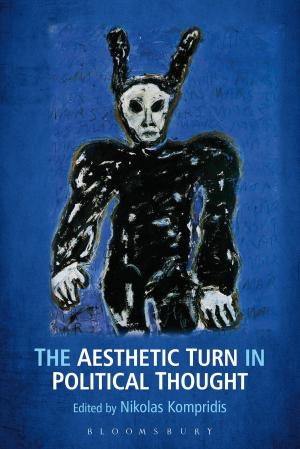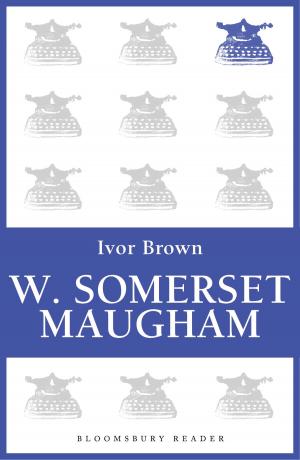Transforming Type
New Directions in Kinetic Typography
Nonfiction, Art & Architecture, Graphic Art & Design, General Art, General Design| Author: | Barbara Brownie | ISBN: | 9780857855664 |
| Publisher: | Bloomsbury Publishing | Publication: | December 18, 2014 |
| Imprint: | Bloomsbury Academic | Language: | English |
| Author: | Barbara Brownie |
| ISBN: | 9780857855664 |
| Publisher: | Bloomsbury Publishing |
| Publication: | December 18, 2014 |
| Imprint: | Bloomsbury Academic |
| Language: | English |
Transforming Type examines kinetic or moving type in a range of fields including film credits, television idents, interactive poetry and motion graphics. As the screen increasingly imitates the properties of real-life environments, typographic sequences are able to present letters that are active and reactive. These environments invite new discussions about the difference between motion and change, global and local transformation, and the relationship between word and image.
In this illuminating study, Barbara Brownie explores the ways in which letterforms transform on screen, and the consequences of such transformations. Drawing on examples including Kyle Cooper's title sequence design, kinetic poetry and MPC's idents for the UK's Channel 4, she differentiates motion from other kinds of kineticism, with particular emphasis on the transformation of letterforms into other forms and objects, through construction, parallax and metamorphosis. She proposes that each of these kinetic behaviours requires us to revisit existing assumptions about the nature of alphabetic forms and the spaces in which they are found.
Transforming Type examines kinetic or moving type in a range of fields including film credits, television idents, interactive poetry and motion graphics. As the screen increasingly imitates the properties of real-life environments, typographic sequences are able to present letters that are active and reactive. These environments invite new discussions about the difference between motion and change, global and local transformation, and the relationship between word and image.
In this illuminating study, Barbara Brownie explores the ways in which letterforms transform on screen, and the consequences of such transformations. Drawing on examples including Kyle Cooper's title sequence design, kinetic poetry and MPC's idents for the UK's Channel 4, she differentiates motion from other kinds of kineticism, with particular emphasis on the transformation of letterforms into other forms and objects, through construction, parallax and metamorphosis. She proposes that each of these kinetic behaviours requires us to revisit existing assumptions about the nature of alphabetic forms and the spaces in which they are found.















